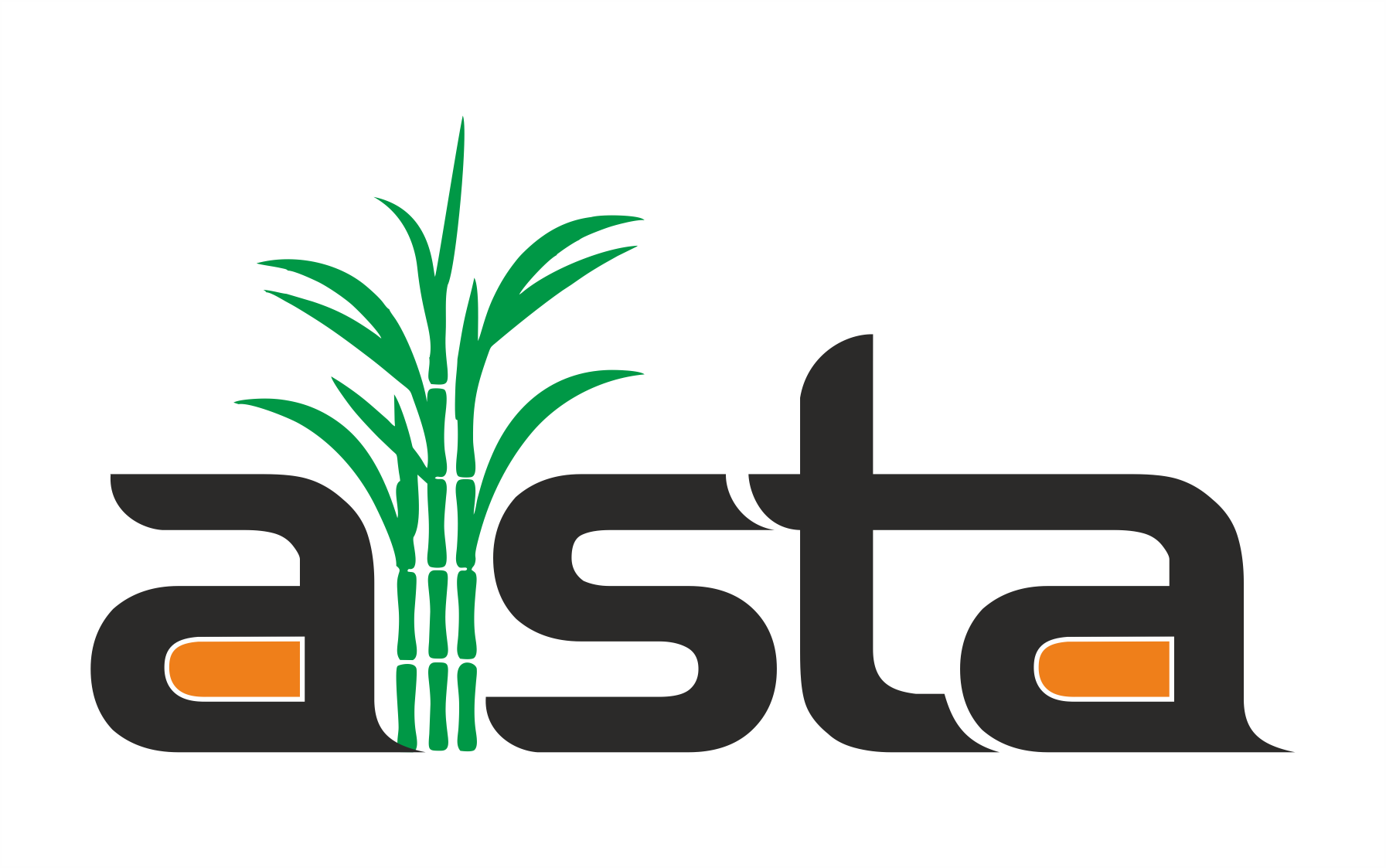Scientists deliberate on issues concerning cane yield, output
Speakers at the international symposium on ‘Sugarcane Research since Co 205: 100 years and beyond’ stressed the need for a greater thrust on research to improve cane yield and recovery.
While discussing the phenomena of cane cultivation and recalling the impact of Co 205 – the first inter-specific hybrid released by the Sugarcane Breeding Institute in 1918 for commercial cultivation in sub-tropical India – in transforming the cane economy, speakers by and large voiced concerns over the high cost of production, falling productivity and the need for mechanisation to address the issue on the cost front.
Delivering the special address at the inaugural session of the four-day symposium, Anu George, Director of Sugar, TN Government, observed that the sugar industry in the State is at a critical juncture, as over the years it had lost its potency on the yield and sugar recovery front.
“The area under sugarcane in the State has dropped to 2.07-lakh hectares in the just-concluded season from 3.91-lakh hectares a decade ago, and production has nosedived to 172.18-lakh tonnes from 451.7-lakh tonnes during this period.
Reduced potency
The yield has slipped to 83 tonnes/hectare from 115/hectare, George said, and pointed out that the predominant variety, Co 86032, which has been around for close to two decades, could also face threat of reduced potency and yield.
Cultural shift
Urging scientists to deliberate and come up with solutions to issues faced by the farmer (towards getting a remunerative return from cane farming) and the industry, she suggested the need for bringing in a cultural shift in the way the crop is cultivated, particularly in a water-starved situation without compromising on the eco-system.
The State has placed huge impetus towards improving the way the cane crop is cultivated by giving thrust to the SSI method of cultivation.
“We are targeting to bring 40,000 hectares under SSI cultivation this year, and hope to cover the entire area [under cane] in the State under SSI cultivation in the next five years or so. This can be achieved by promoting micro irrigation through various governmental schemes, recovering the variety purity and improving extension activities through good agronomic practices.
In his inaugural address, Robert Henry, Director, Queensland Alliance for Agriculture and Food Innovation (QAAFI), urged scientists to identify and tap the unconventional uses of sugarcane to face future challenges.
Source:The Hindu Business Line; Published on 18/09/2017

